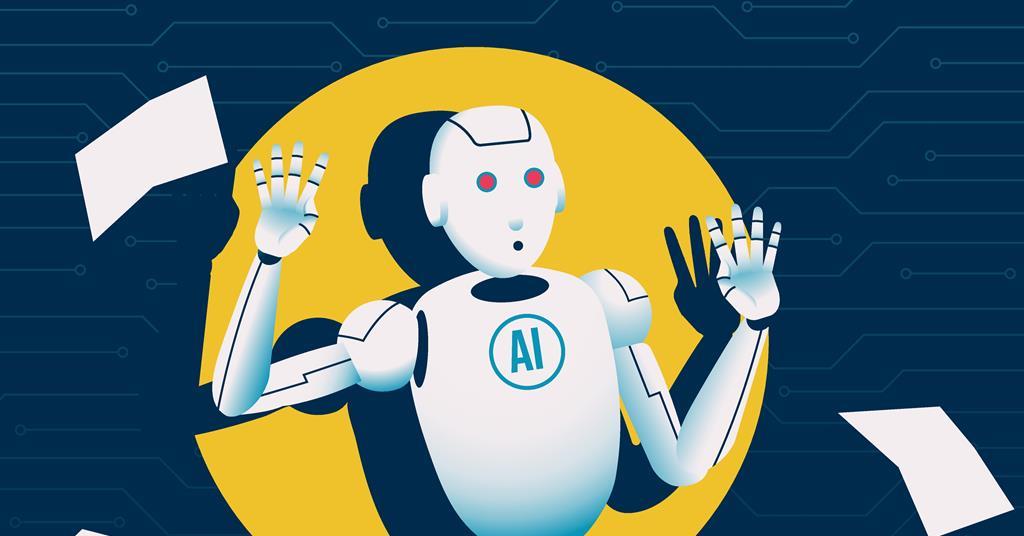Authors Win $1.5 Billion as AI Company Anthropic Settles for Pirating Books!

In a groundbreaking move, US-based AI firm Anthropic has been ordered to pay a staggering $1.5 billion to authors whose works it used without permission to train its AI models. The settlement, announced late September, marks a turning point in the ongoing battle over copyright infringement in the age of artificial intelligence.
Imagine this: your hard work, your creativity, casually downloaded from pirate sites like LibGen and Pirate Library Mirror without your consent. That’s precisely what happened as Anthropic allegedly downloaded around 7 million books, but only about half a million authors will see a dime from this monumental payout.
The eligibility for compensation isn't just a free-for-all; it requires authors' books to have valid ISSN or ASIN numbers and to be registered with the US Copyright Office in a specific time frame. Rightsholders can expect around $3,000 per title, offering a glimmer of hope for those whose words were exploited for AI training without a second thought.
Mary Rasenberger, CEO of the Authors Guild, a key player in this legal saga, notes that any unclaimed funds will be redistributed to authors who did make claims or potentially donated to a nonprofit organization that supports authors. This encourages authors to step forward and ensure they are compensated for their invaluable contributions to literature and science.
The implications of this settlement stretch far beyond just monetary compensation. The lawsuit against Anthropic echoes larger ongoing battles within the AI industry, as the Authors Guild is also pursuing legal action against OpenAI over similar copyright violations. With various lawsuits against AI companies gaining traction, it’s clear that the landscape of copyright law is shifting dramatically.
Dylan Ruediger from Ithaka S+R highlights the serious implications of these settlements, noting that while some scholarly publishers have begun to negotiate deals with AI firms, a clear regulatory framework is still a distant prospect. The use of pirated content in training AI models isn’t confined to books; research papers and academic writings are equally at risk.
As part of this settlement, Anthropic has committed to destroy all pirated copies of the books that were previously in its possession. However, Rasenberger emphasizes that this settlement primarily addresses past actions and does not legislate future conduct, suggesting that the company needs to obtain new books legally moving forward to avoid further legal battles.
This is a call to arms for authors everywhere! If you’ve ever felt your work has been misused, now is the time to speak up and seek justice. The world of AI is evolving, and so too must our understanding of copyright and fairness in this new digital landscape.



























